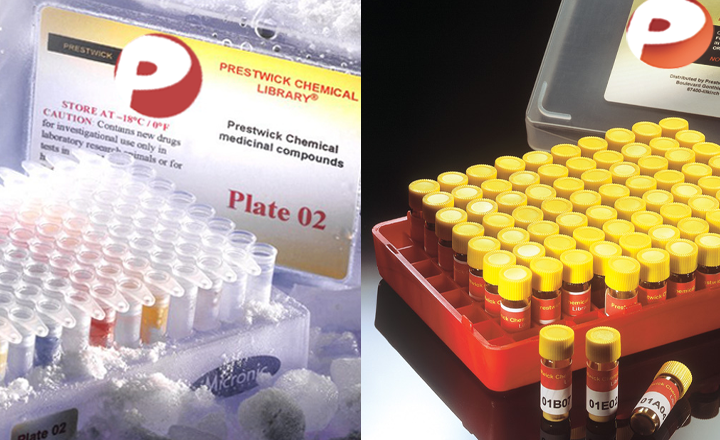Apigenin suppresses the senescence-associated secretory phenotype and paracrine effects on breast cancer cells
Perrott KM, Wiley CD, Desprez PY, Campisi J
GeroScience - vol. 39 161-173 (2017)
GeroScience
Apigenin (4′,5,7,-trihydroxyflavone) is a flavonoid found in certain herbs, fruits, and vegetables. Apigenin can attenuate inflammation, which is associated with many chronic diseases of aging. Senescent cells—stressed cells that accumulate with age in mammals—display a pro-inflammatory senescence-associated secretory phenotype (SASP) that can drive or exacerbate several age-related pathologies, including cancer. Flavonoids, including apigenin, were recently shown to reduce the SASP of a human fibroblast strain induced to senesce by bleomycin. Here, we confirm that apigenin suppresses the SASP in three human fibroblast strains induced to senesce by ionizing radiation, constitutive MAPK (mitogen-activated protein kinase) signaling, oncogenic RAS, or replicative exhaustion. Apigenin suppressed the SASP in part by suppressing IL-1α signaling through IRAK1 and IRAK4, p38-MAPK, and NF-κB. Apigenin was particularly potent at suppressing the expression and secretion of CXCL10 (IP10), a newly identified SASP factor. Further, apigenin-mediated suppression of the SASP substantially reduced the aggressive phenotype of human breast cancer cells, as determined by cell proliferation, extracellular matrix invasion, and epithelial-mesenchymal transition. Our results support the idea that apigenin is a promising natural product for reducing the impact of senescent cells on age-related diseases such as cancer.


